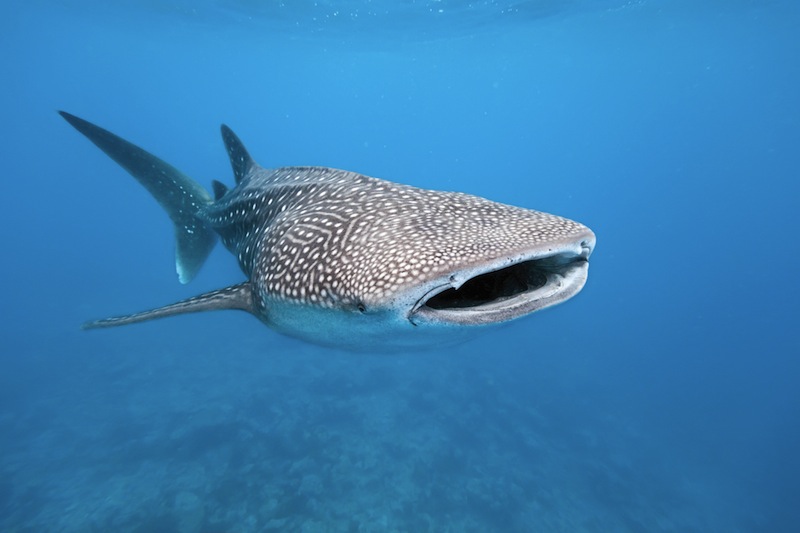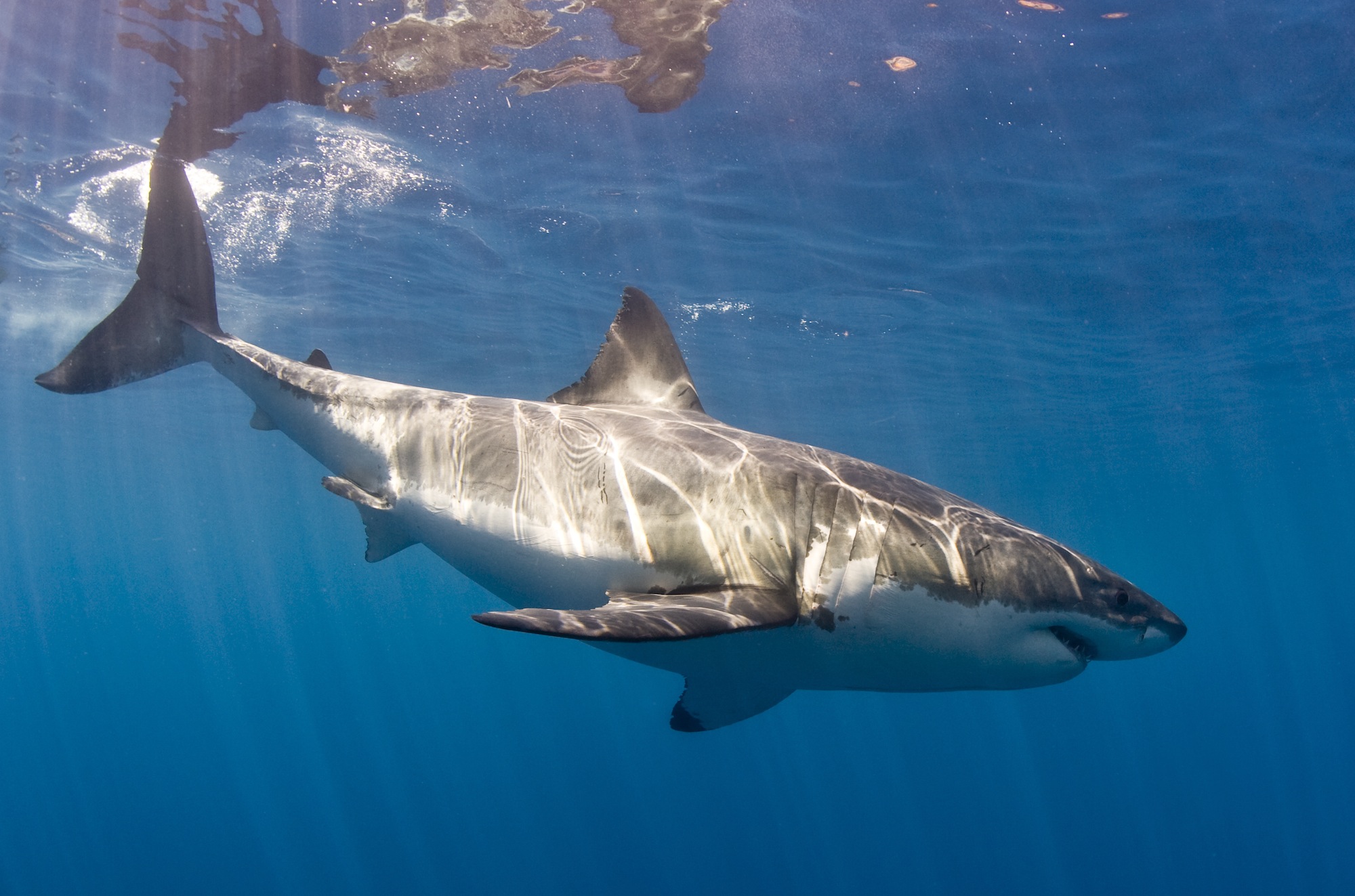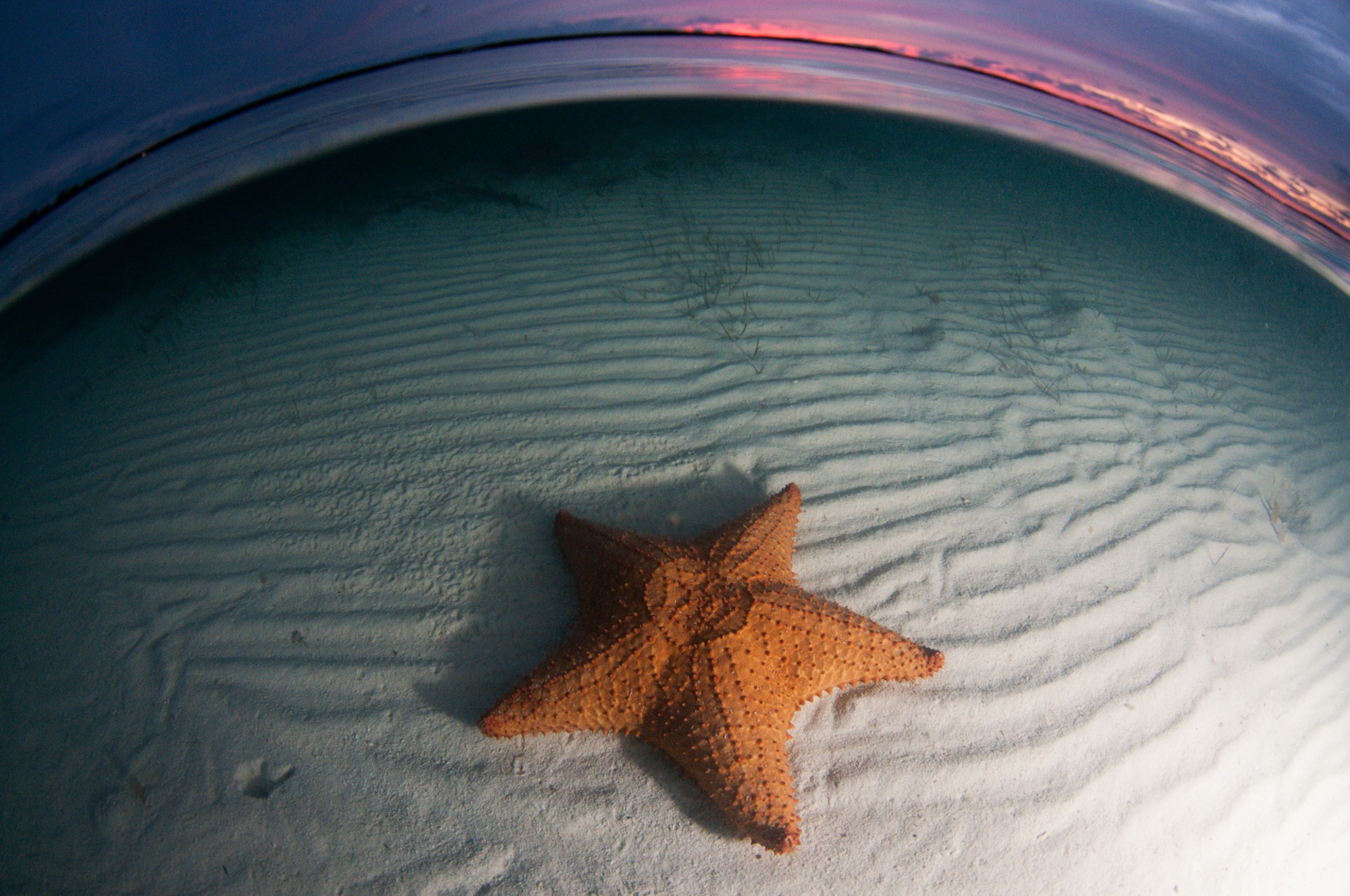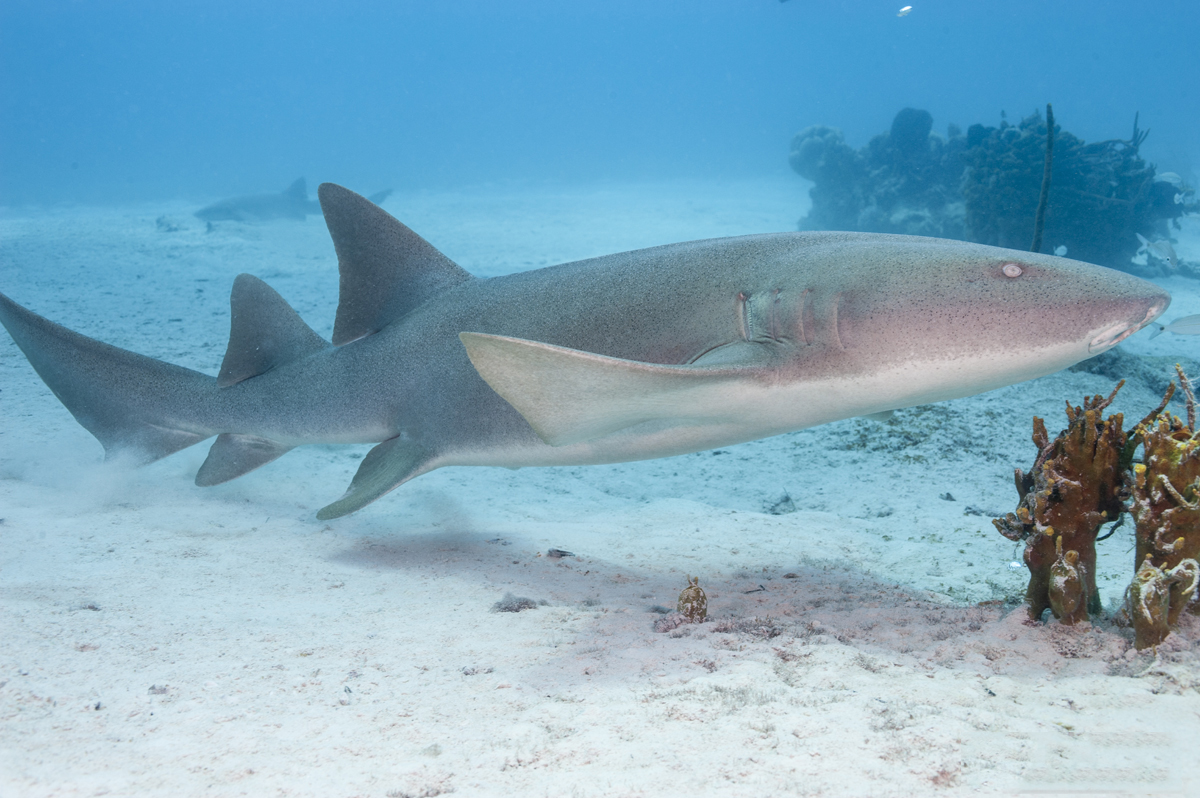March 17, 2016
 There are many human activities in the world that are grotesquely wasteful when it comes to exploiting the bounty provided by the Earth.
There are many human activities in the world that are grotesquely wasteful when it comes to exploiting the bounty provided by the Earth.
Right up there at the top of list, right next to elephants being poached for their ivory, is the practice of shark finning.
Indiscriminate killing of animals for the purpose of pseudo-science, pseudo-medicine, or the display of social status is the most selfish act we inflict on the animal kingdom.
Shark fins are sold mainly in Asian markets. They are a display of wealth especially, at weddings and business banquets. They are consumed in shark-fin soup and in the pseudo-medicinal belief that shark cartilage helps cure cancer.
Shark finning is the most wasteful use of another animal’s flesh. Fishers worldwide have increased their fishing intensity of sharks for these bogus reasons. They use long lines (lines that are ten to hundreds of miles long and laced with hooks and bait every few feet) as the demand for fins has increased. When the long-lines are retrieved, the sharks are often still alive. Their fins are sliced off and the rest of the shark is thrown overboard. The live sharks try to swim but they just sink to the bottom and eventually die. This is the height of waste—and cruelty.
 These lines also indiscriminately kill many other species that are discarded as by-catch (the unfortunate catch of unwanted species).
These lines also indiscriminately kill many other species that are discarded as by-catch (the unfortunate catch of unwanted species).
It is estimated that almost 100 million sharks are slaughtered each year for the shark fin market, and as we continue to do so, our oceans become increasingly more at risk of this drastic and irreversible change.
How do we change this? Active media campaigns have helped. They often use Asian sports, TV, music, and movie stars to discourage eating shark fin soup. Some of these have been effective tools in driving down demand. These celebrities have pushed for the cessation of shark finning and educated consumers about the lack of evidence regarding the alleged health benefits.
As public awareness campaigns have worked to protect the whales, seals, elephants and many other species, let’s hope this effort also helps protect the shark. We have to make the consumption of shark fin soup “uncool.”
Because it’s very, very uncool.




